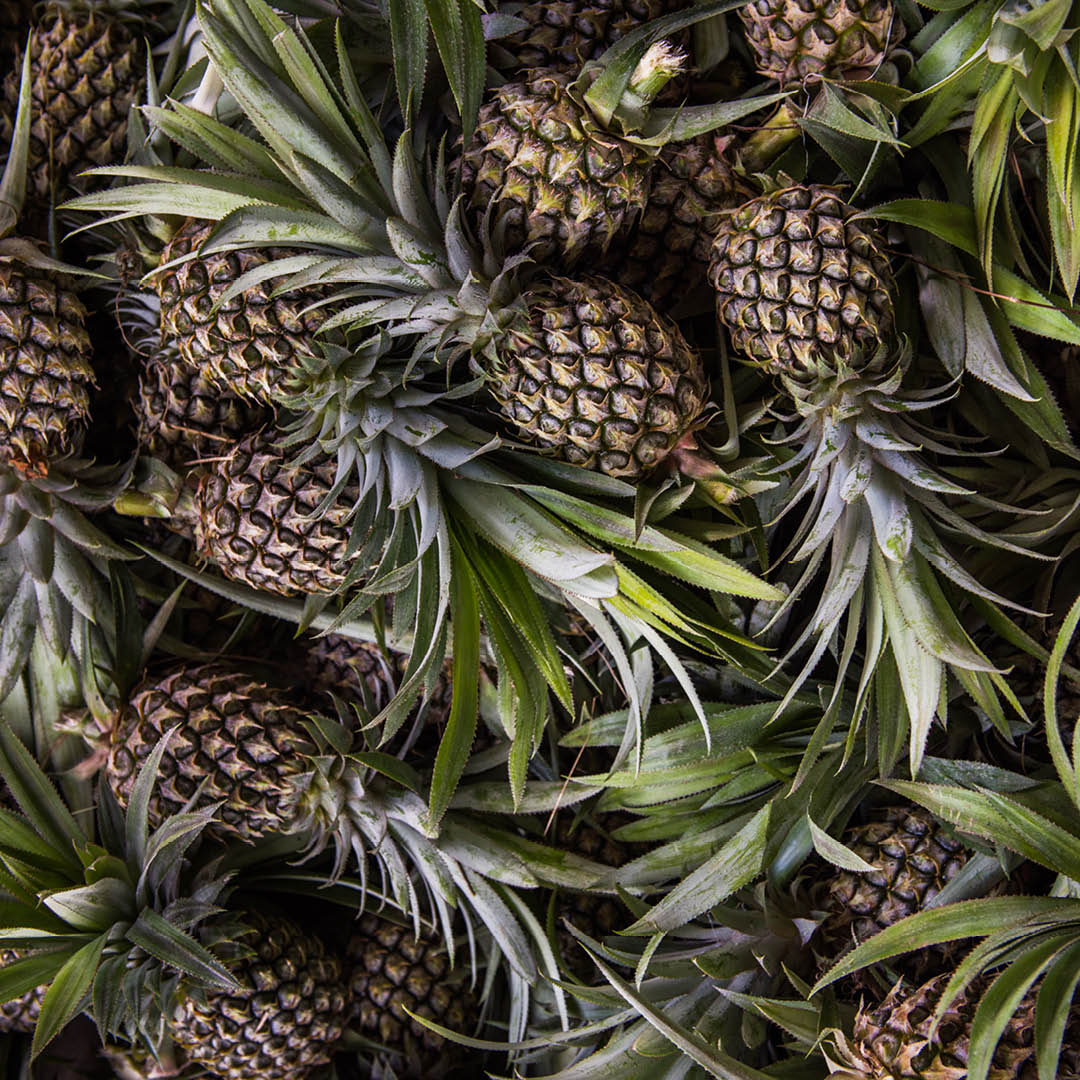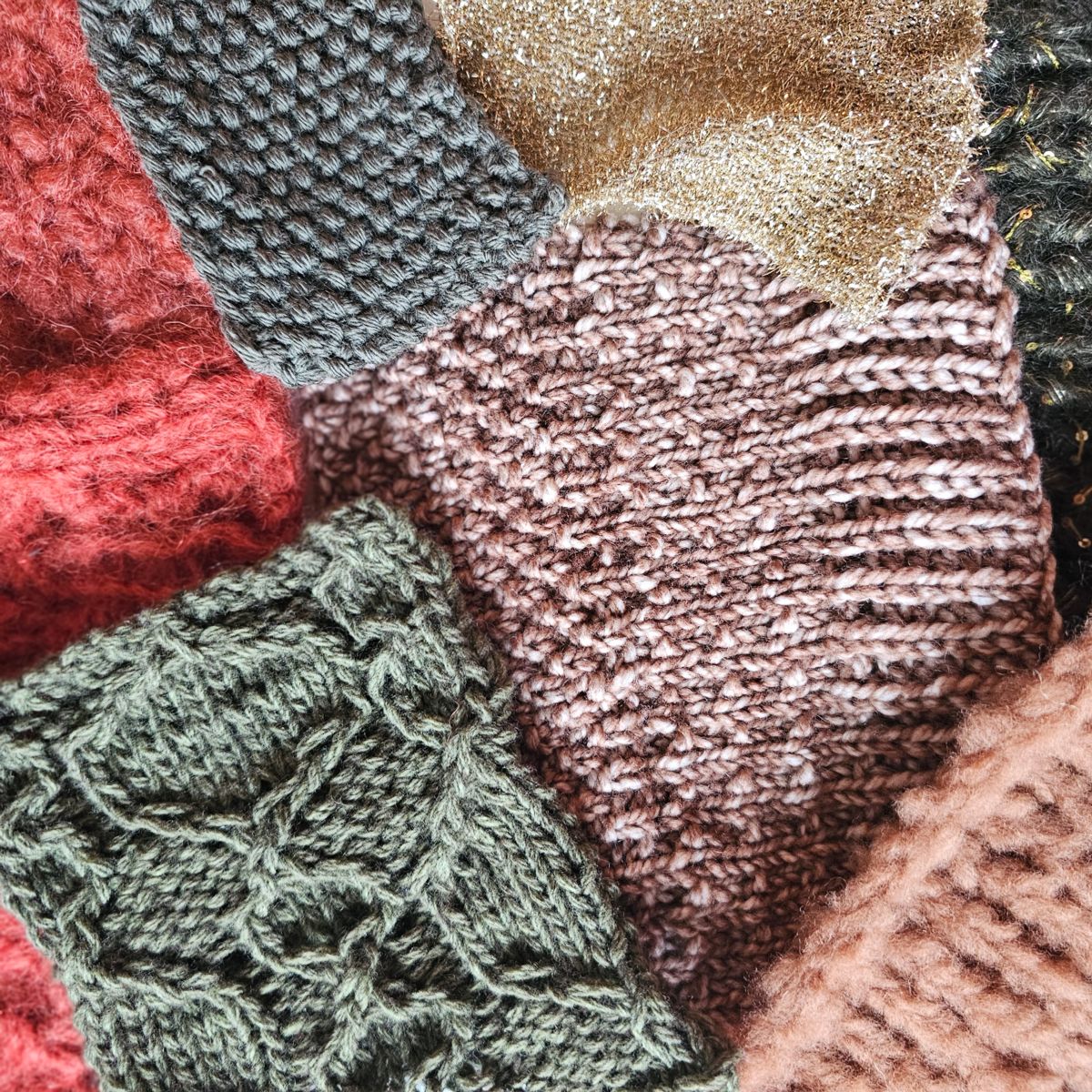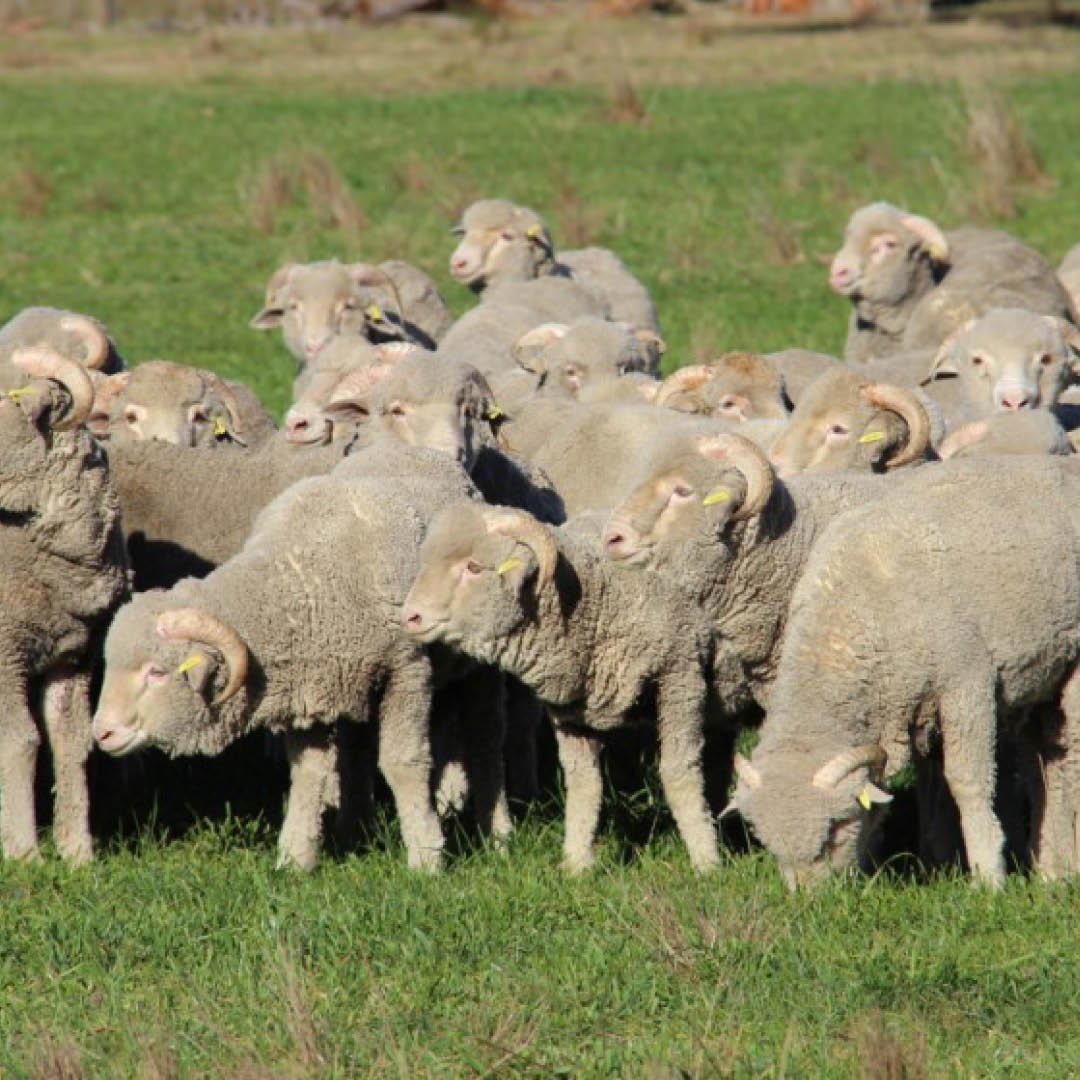«Bend like the bamboo, bend gracefully and you will never break.»
This Japanese saying attests to the flexibility of bamboo, which is unbelievably resilient due to its ability to move in a storm. But flexibility isn’t the only advantage of bamboo, this quick-growing plant can also be used as a source of fibres and cellulose for the production of yarns.
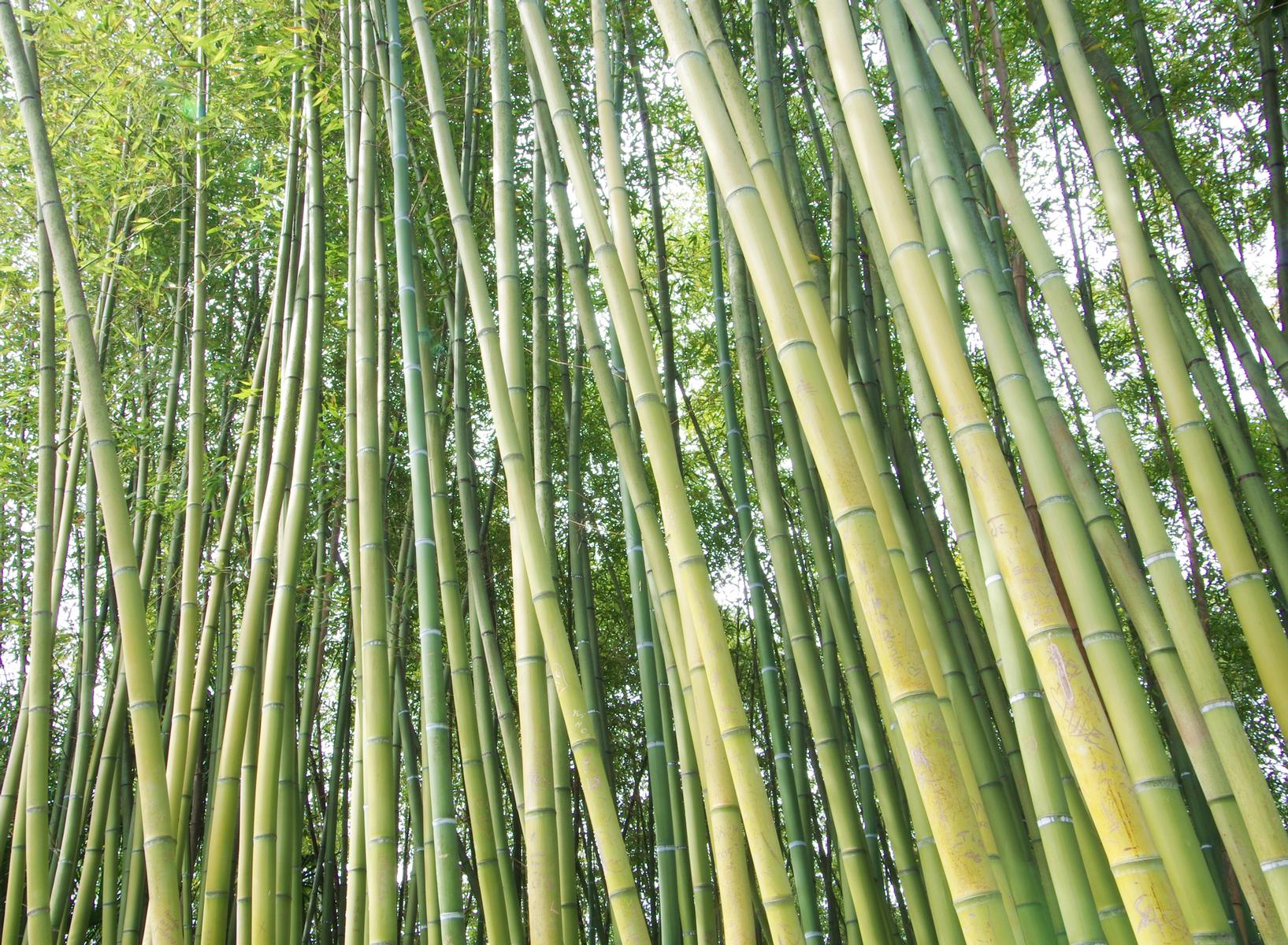
Bamboo plants grow in the tropical and subtropical regions of Asia, Africa and Latin America, where they are cultivated and processed for fibre production. The core of the bamboo cane contains bundles of fibre. To obtain fibres from the very hard cane, it must first be softened by boiling repeatedly in caustic soda. The cane is then broken up by rollers to release the fibres, which are carded, combed and spun together with other fibres. As relatively little bamboo fibre can be extracted, and the extraction process is cost intensive and expensive, bamboo is often used as the source of cellulose for the production of viscose.
Cellulose is found in the cell walls of every plant, it is the cellulose that ensures stability. With viscose, which is made from bamboo, we are talking about a semi-synthetic fibre, which is produced artificially but from natural bamboo cellulose. When cellulose is taken from the bamboo, it forms a white mass with a fibrous structure. This material belongs to the natural polymers and may be dissolved together with caustic soda and sulphur to make a viscous spinning mass. With wet-spinning technology, the mass is solidified again in an acidic spinning bath to produce filaments. Then the filaments are washed and the chemicals flushed away, until the yarn at the end consists of 100 % cellulose. Finally, the spinning thread is stretched further, before being spooled up as finished viscose.
.jpg)
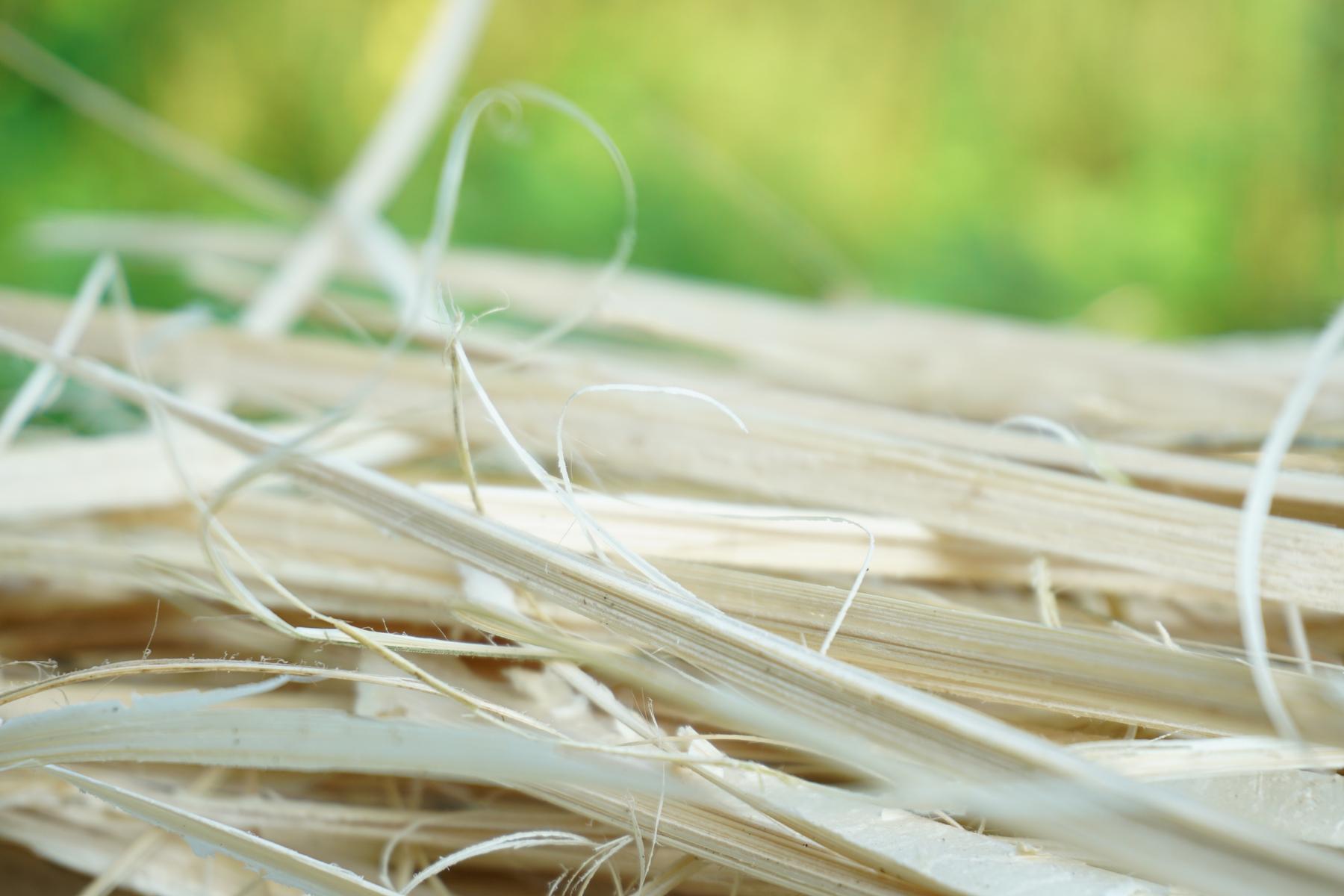
Viscose, and especially bamboo viscose, offers an environmentally friendly alternative to nylon, as it is produced using the quick to regrow raw material bamboo/cellulose and requires no oil production. In addition, bamboo cultivation does not require much water and hardly any fertiliser or pesticides. In recent years, the industrial production processes for viscose have changed radically. The chemicals are contained in a closed water cycle and not released into the environment. Energy consumption is also continuously optimised for the entire supply chain. There are no international standards for the production of bamboo viscose, though, and sustainable methods of production rely upon the progressiveness of producers. So, for our yarns, we only use bamboo/viscose from responsible producers. The bamboo viscose in our yarn LIZA is produced by Tangshan Sanyou in China.
It is also worth knowing that cellulose isn’t only obtainable from bamboo. Other plants suitable for producing cellulose include eucalyptus, pine, spruce and beech. With similar characteristics to cotton, but smoother, with a silky sheen, bamboo viscose is notable for being breathable and highly absorbent. Because of the absorbency and a good insulating effect, viscose is used in the construction of yarns for both summer and winter. Also, viscose combines well with animal and plant fibres, to achieve the quality of yarn desired. Garments knitted or crocheted with viscose can have a flowing drape and either a lustrous or deep matte finish. On your needles, a pure viscose is quite inelastic, so it is recommended that you use needles that allow the yarn to glide freely. For anyone who would like an uncomplicated, smooth and soft yarn to knit or crochet with, but struggles with sweaty hands, bamboo viscose is the best one for your hands and needles.
Sources
Hessnatur 2024, Textillexikon, Bambus, Bambus - Definition - hessnatur Textillexikon, 20.02.2024
Materialarchiv 2024, Bambusfasern, Bambusfasern | Material-Archiv (materialarchiv.ch), 20.02.2024
Hendschel 2015, S. 1-20 und Material-Archiv, Viskose, und Seilnacht.
Sanyou Group 2024, News Center, Blockbuster! Sanyou Chemical Fiber was awarded the title of national green factory - Corporate News - 三友集团 (ts-sanyou.com.cn), 23.02.2024.

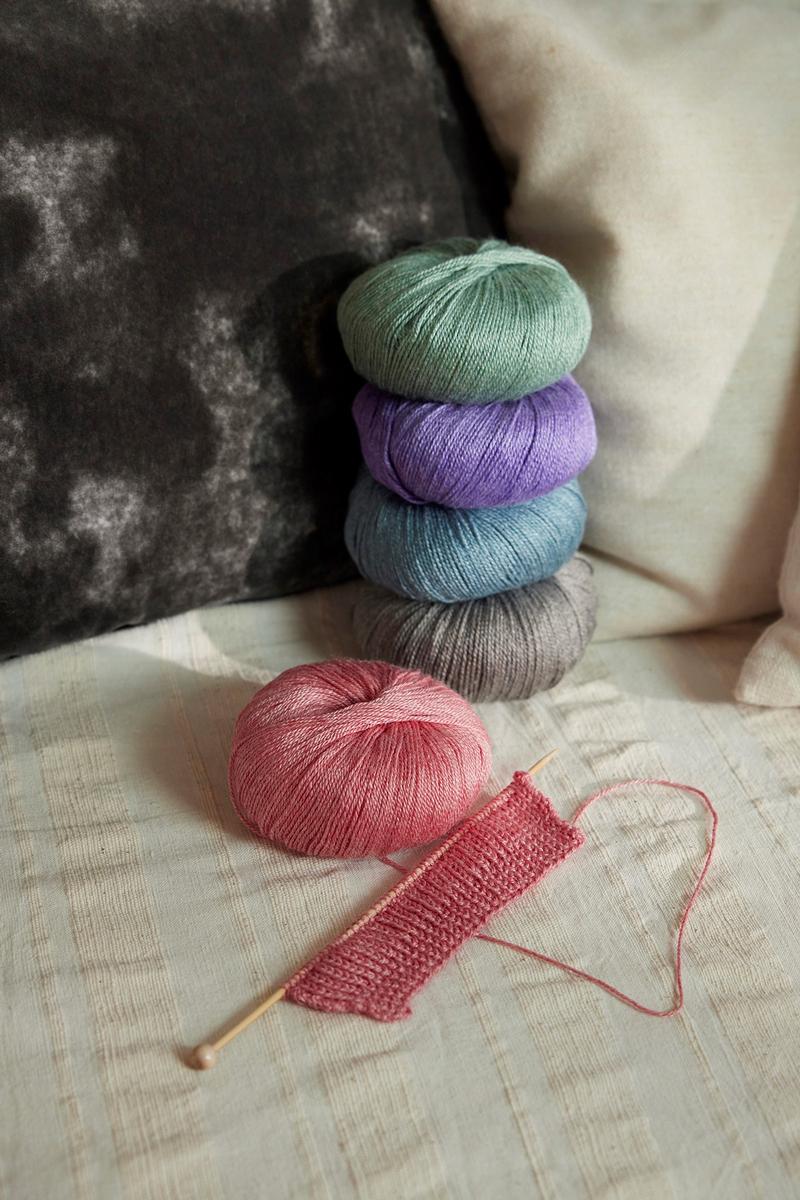

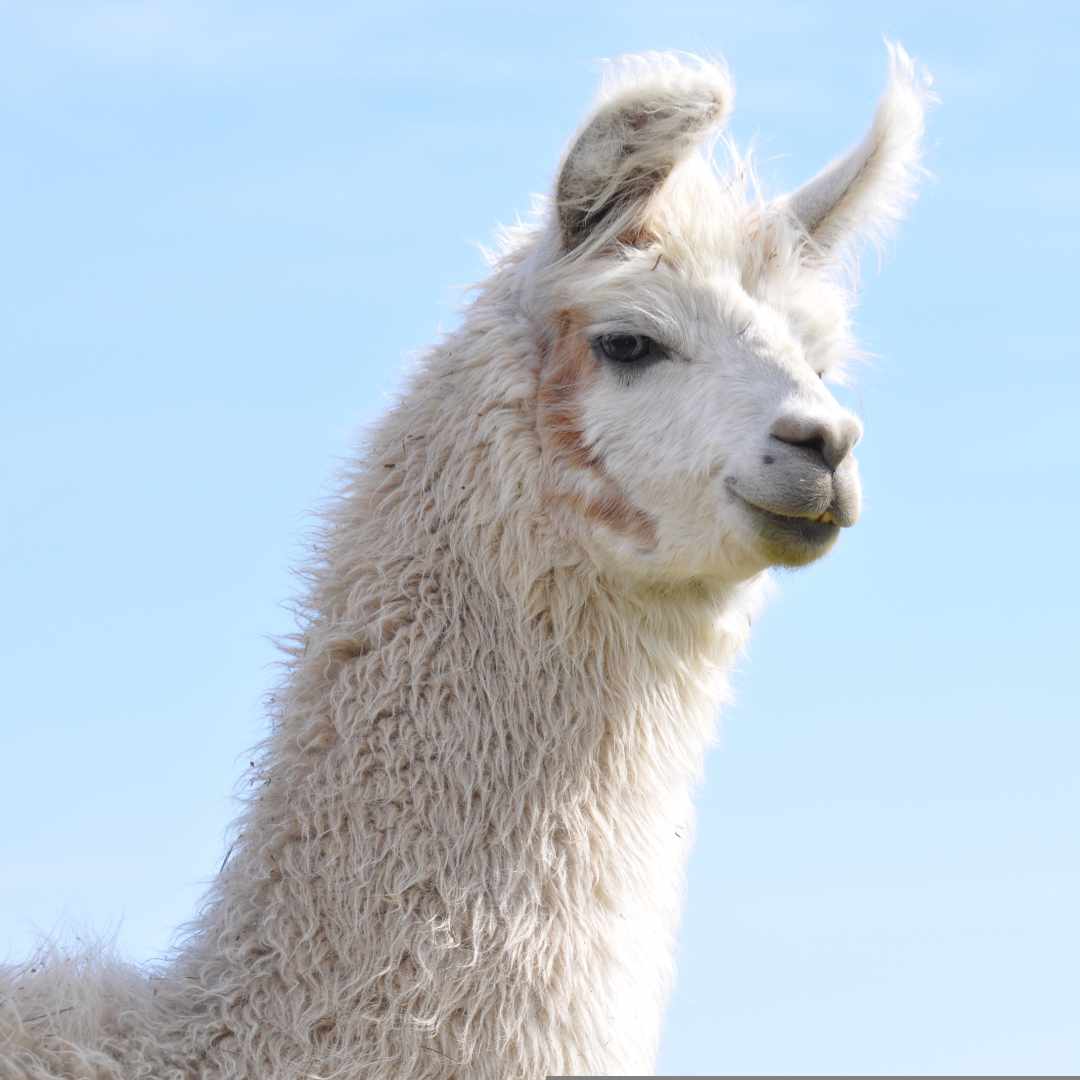

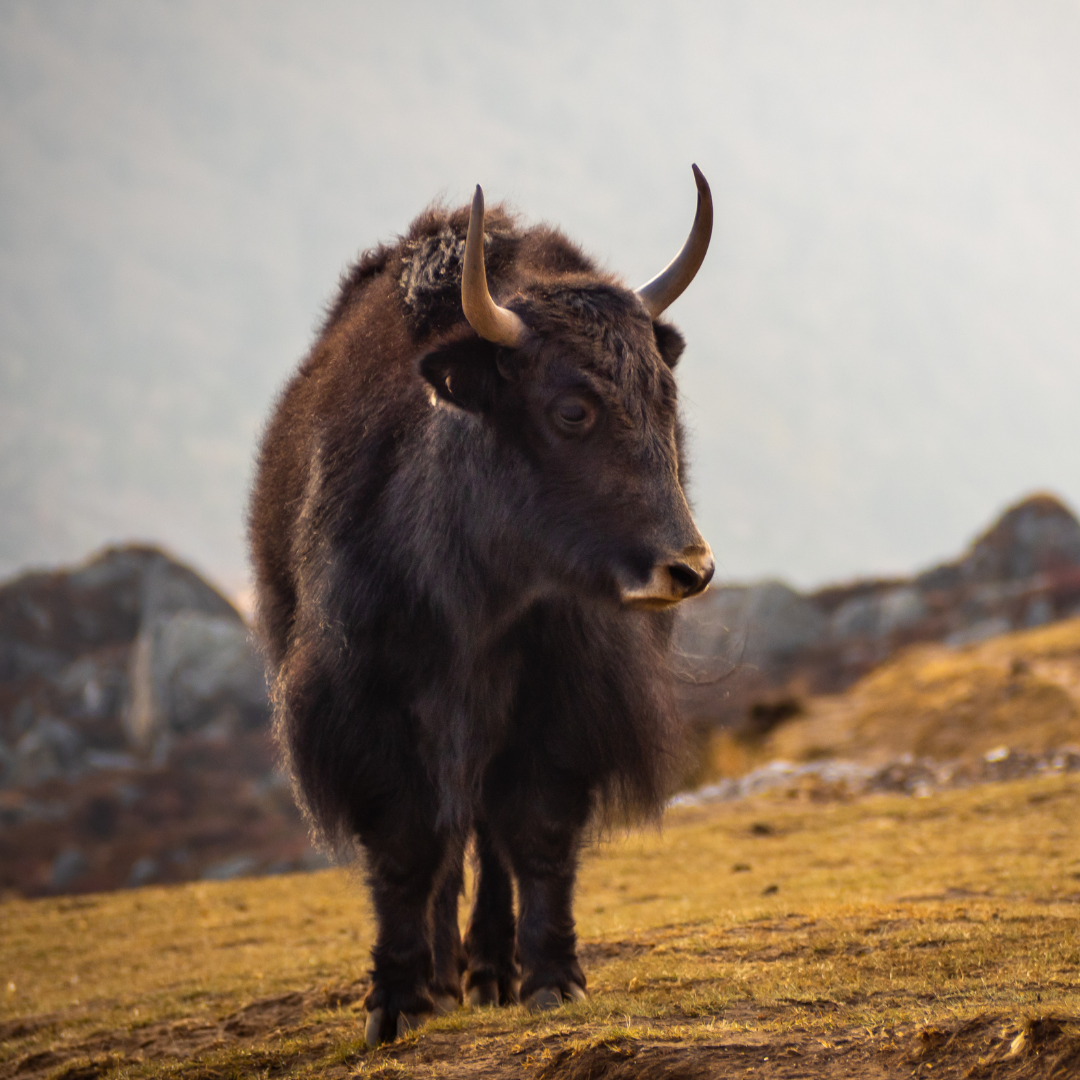
.jpg)
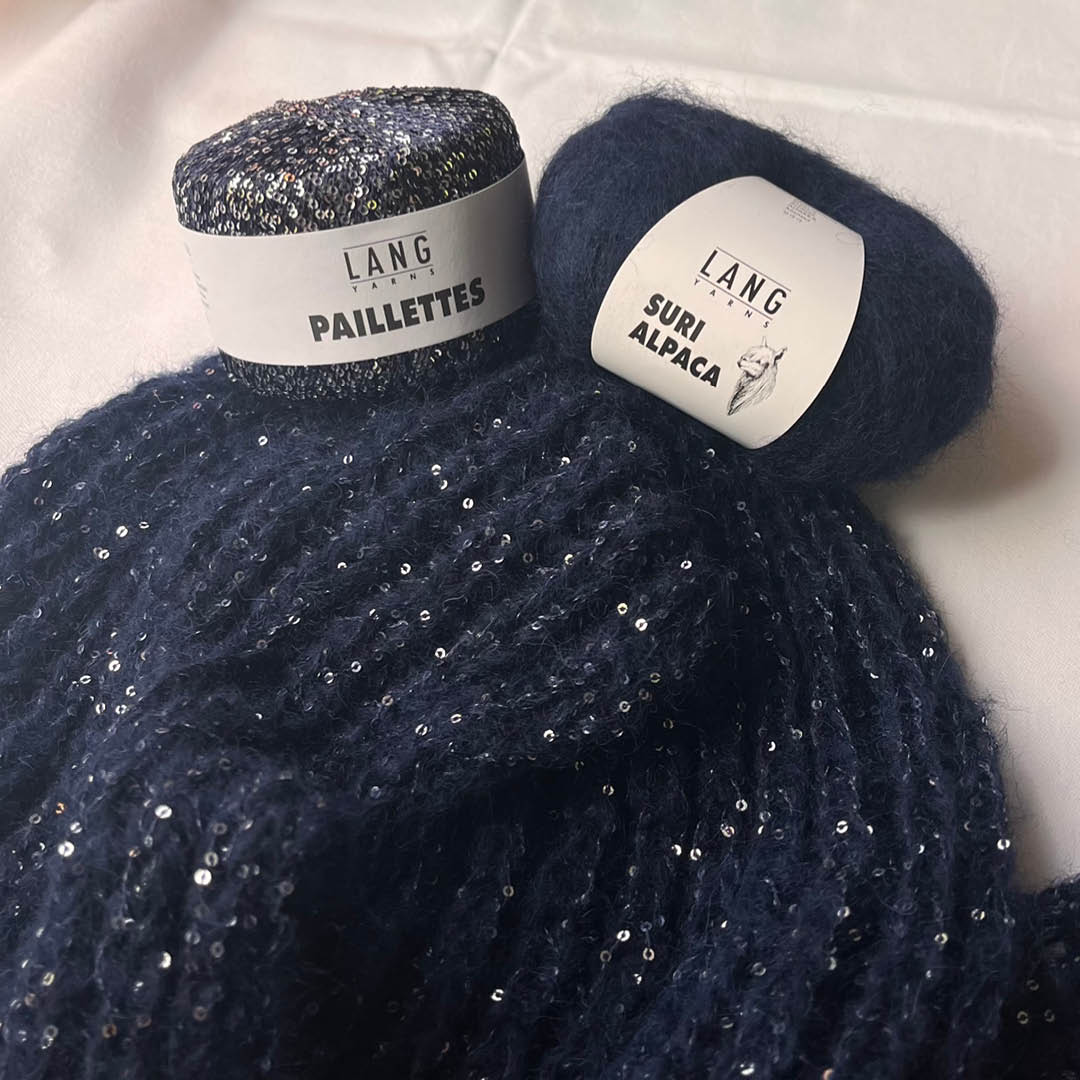
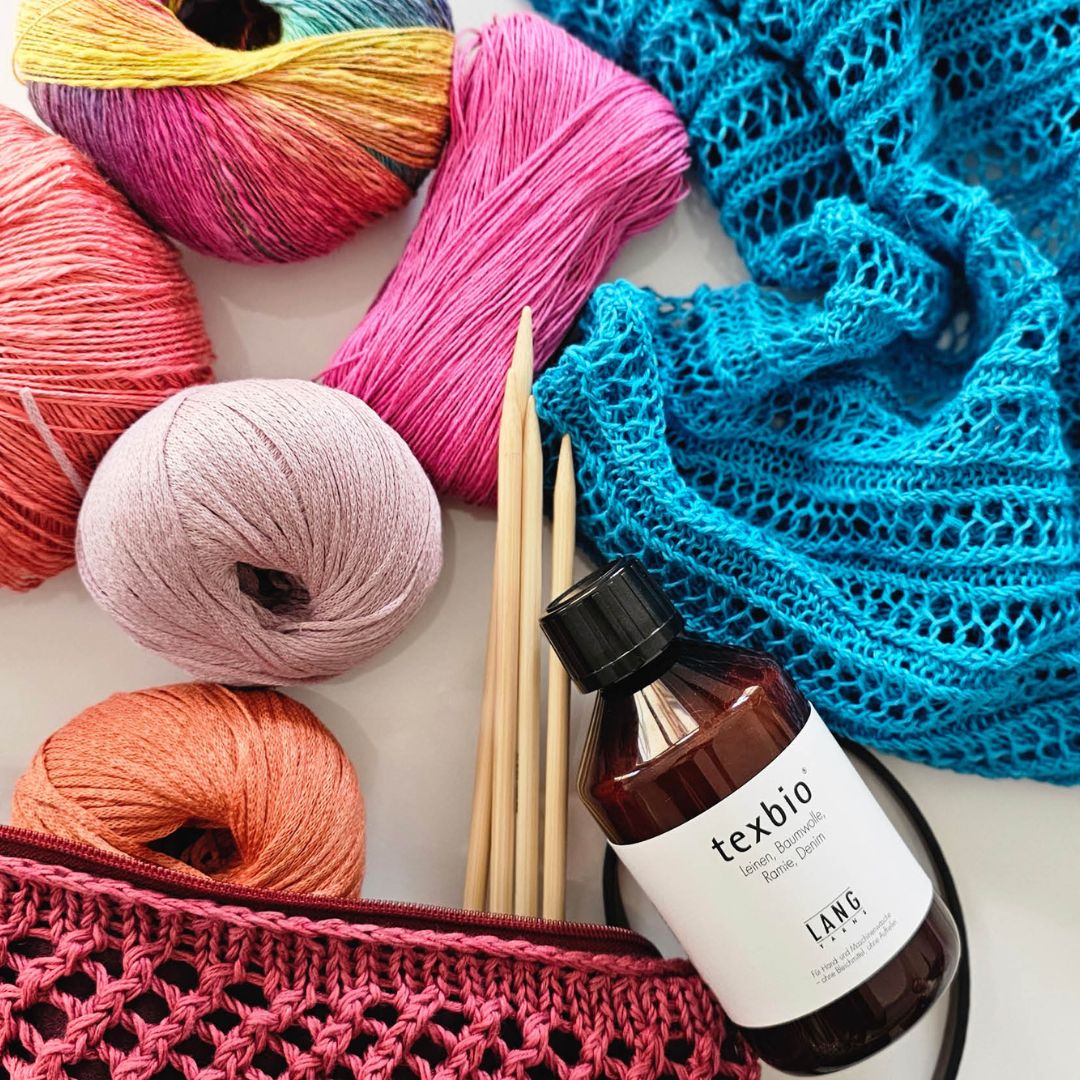
.png)
